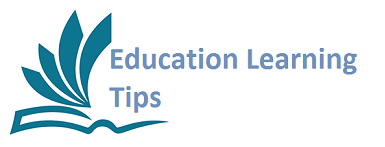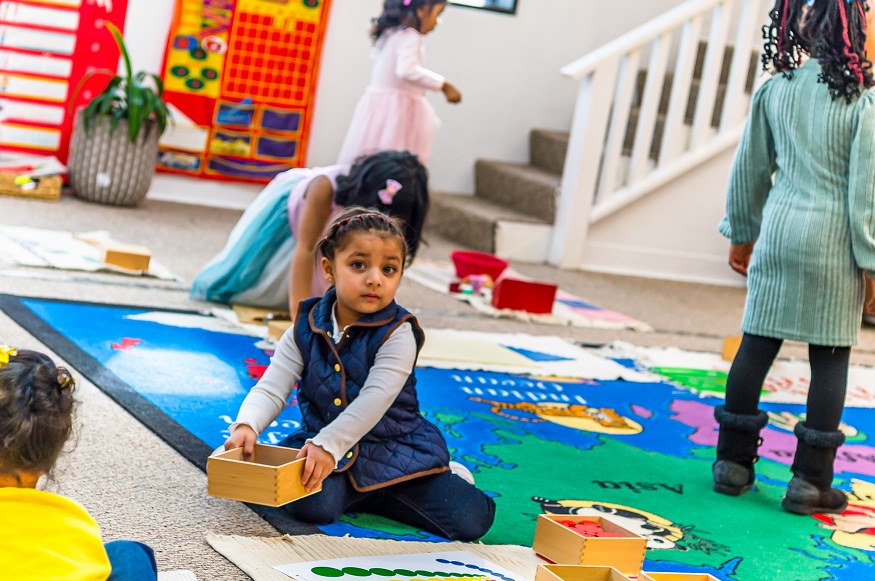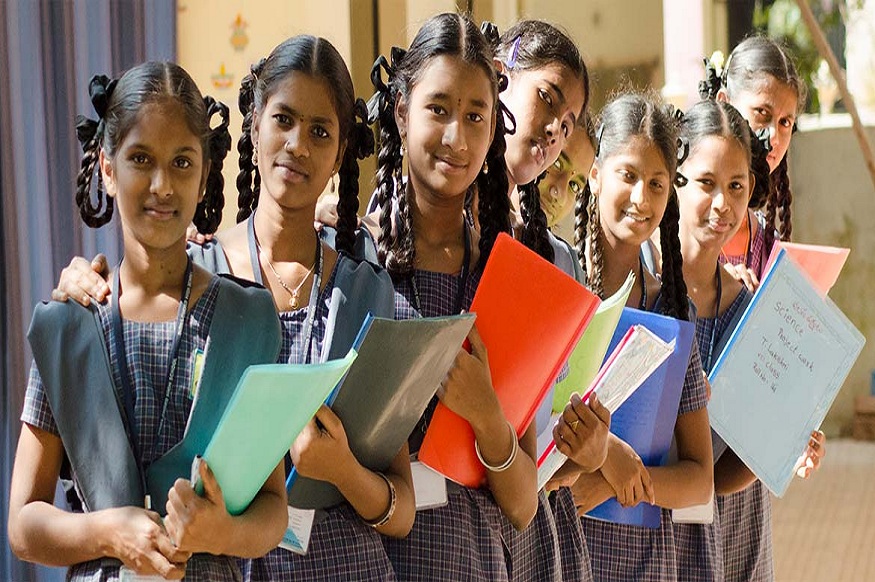When it comes to early childhood education, parents in New Jersey have a wide array of choices. However, one method stands out for its unique approach to fostering independence, creativity, and a lifelong love of learning—Montessori education. Whether in a daycare or preschool setting, Montessori schools offer a child-centered learning experience that nurtures intellectual, social, and emotional development. Here’s why Montessori education is an excellent choice for young learners in New Jersey.
1. A Focus on Individualized Learning
One of the biggest advantages of Montessori education is its focus on individualized learning. Unlike traditional daycare and preschool programs, where children follow a set curriculum at the same pace, Montessori classrooms allow children to learn at their own speed. Teachers, known as guides, observe each child’s interests and abilities and introduce materials that match their developmental stage. This approach ensures that children remain engaged, challenged, and confident in their abilities.
2. Encouraging Independence and Responsibility
Montessori daycare and preschool programs emphasize independence from an early age. In a Montessori environment, children are encouraged to choose their own activities, take care of their personal belongings, and even help maintain their classroom. These experiences teach them responsibility and self-discipline, essential skills that will benefit them throughout their educational journey and beyond.
3. Hands-On, Experiential Learning
Montessori education is rooted in hands-on learning. Instead of passive instruction, children engage with specially designed materials that encourage exploration and discovery. Activities such as pouring, sorting, building, and counting help children develop fine motor skills, cognitive abilities, and problem-solving skills. In montessori daycare NJ and preschool settings in NJ, children are given the opportunity to learn through practical, real-world experiences rather than rote memorization.
4. A Nurturing and Supportive Environment
The Montessori philosophy promotes a respectful and nurturing learning environment. Classrooms are designed to be calm, orderly, and inviting, with natural materials and a homelike atmosphere. Teachers act as guides rather than authoritative figures, fostering a sense of mutual respect between students and educators. This supportive environment encourages children to develop social skills, emotional intelligence, and confidence in their abilities.
5. Mixed-Age Classrooms Promote Peer Learning
Montessori classrooms typically feature mixed-age groupings, allowing younger children to learn from older peers while older children reinforce their knowledge by teaching younger classmates. This structure fosters a strong sense of community, cooperation, and leadership skills. In NJ Montessori daycares and preschools, this dynamic creates an enriching social environment where children develop essential interpersonal skills that will serve them well in school and life.
6. Fostering a Love for Learning
One of the primary goals of Montessori education is to cultivate a natural love for learning. By allowing children to explore subjects that interest them and providing materials that spark curiosity, Montessori classrooms keep young learners engaged and motivated. Instead of focusing solely on grades or standardized testing, Montessori daycares and preschools in New Jersey encourage children to enjoy the process of discovery, setting the foundation for a lifetime of intellectual growth.
7. Emphasizing Social and Emotional Development
Montessori education prioritizes not just academic skills but also social and emotional growth. The emphasis on respect, kindness, and conflict resolution helps children develop strong interpersonal skills. Through group activities, cooperative learning, and guided interactions, Montessori students learn how to communicate effectively, work as a team, and navigate social situations with confidence.
8. Encouraging Creativity and Critical Thinking
Rather than rigidly structured lessons, Montessori education encourages creative thinking and problem-solving. Children are free to explore different ways of approaching a task, fostering innovation and critical thinking skills. This open-ended approach helps children develop resilience and adaptability—skills that are invaluable in today’s fast-changing world.
9. A Seamless Transition to Elementary School
Montessori preschool programs provide an excellent foundation for elementary education. Children who attend Montessori daycare and montessori preschool NJ often transition smoothly into kindergarten and beyond, thanks to the independence, critical thinking skills, and love for learning they develop. Many parents and educators find that Montessori students are well-prepared academically and socially for the challenges of traditional schooling.
10. A Strong Foundation for Lifelong Success
The benefits of Montessori education extend far beyond early childhood. By fostering a sense of self-confidence, independence, and a love of learning, Montessori programs set children up for success throughout their academic careers and into adulthood. Studies have shown that Montessori students tend to excel in later years, demonstrating strong problem-solving abilities, creativity, and adaptability.
Finding the Right Montessori Program in New Jersey
New Jersey is home to a variety of Montessori daycares and preschools, each offering a unique approach to early childhood education. When selecting a program, parents should consider factors such as teacher qualifications, classroom environment, and the school’s adherence to authentic Montessori principles. Visiting the school, observing a class in session, and speaking with teachers can provide valuable insights into whether a Montessori program is the right fit for your child.
Conclusion
For parents seeking a high-quality early childhood education program in New Jersey, Montessori daycare and preschool options provide an exceptional learning experience. With its emphasis on independence, creativity, hands-on learning, and social development, the Montessori method nurtures well-rounded, confident, and capable children. By choosing a Montessori program, parents can give their children the best possible start in their educational journey, setting them up for a lifetime of success and fulfillment.




